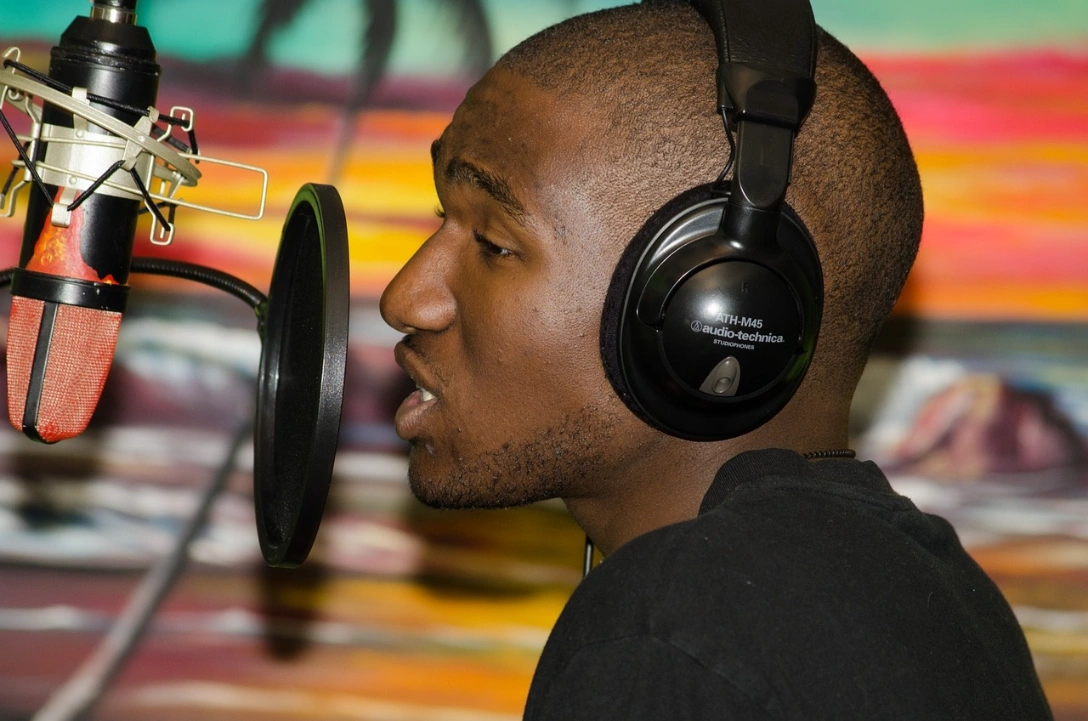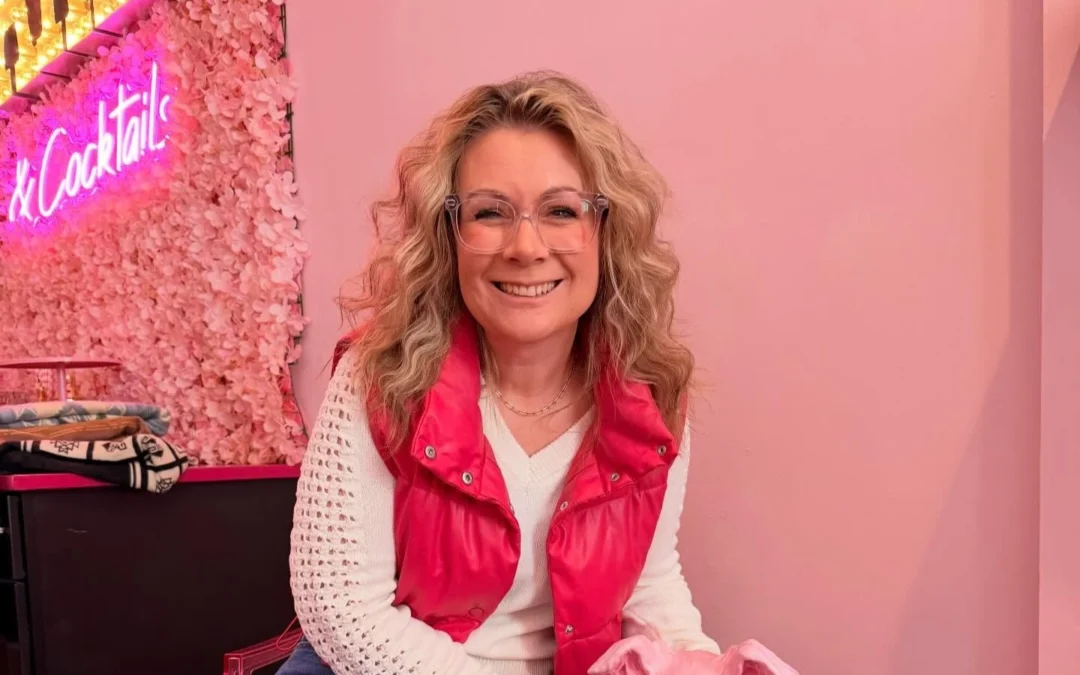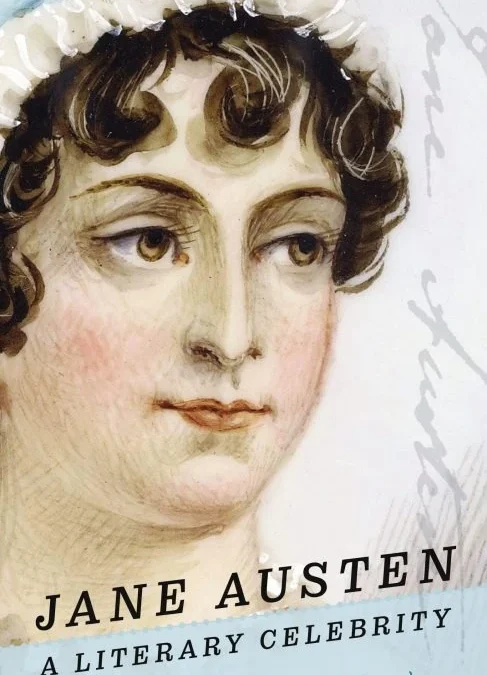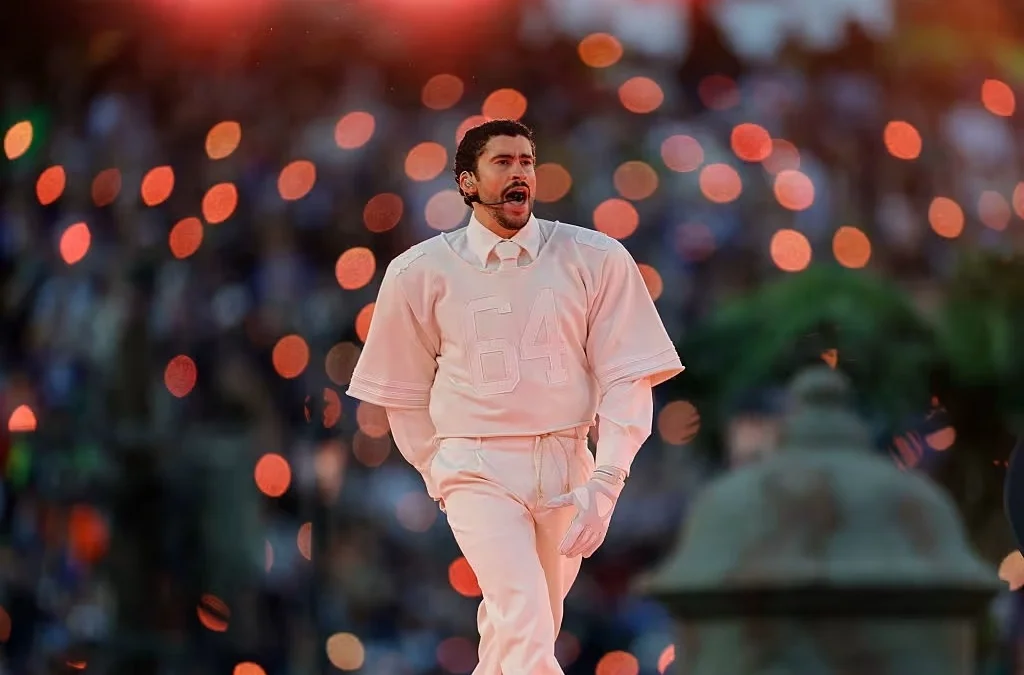In the past few decades, rap music has evolved into one of the most influential and widely consumed genres across the globe. From its roots in the streets of the Bronx in the 1970s to its present-day status as a mainstream cultural powerhouse, rap music has continued to shape how we think, live, and experience the world. While rap has long been a vehicle for self-expression and social commentary, recent years have seen a growing trend where the genre increasingly tackles personal struggles, particularly issues surrounding mental health.
Historically, rap music has been seen as a platform for showcasing bravado, street wisdom, and resilience in the face of adversity. However, a closer examination of the content reveals that it also provides a window into the emotional lives of the artists, especially in recent years. As the conversation surrounding mental health grows in society, so too does its representation in rap music. This article seeks to explore the discourse of mental health in popular rap music, highlighting how it is addressed, its evolution, and the impact it has on listeners and society at large.
Rap as a Reflection of Mental Health
At its core, rap music is an art form that reflects the realities of life, often documenting the personal struggles, challenges, and triumphs of the artist. The genre has long been a platform for addressing social issues such as systemic racism, poverty, and police brutality, but over the years, mental health has become an increasingly prominent subject matter. From themes of depression, anxiety, and substance abuse to thoughts of self-worth and personal identity, popular rap has begun to explore the often-overlooked psychological struggles that many individuals face.
In the early days of rap, mental health discussions were scarce. Instead, the focus was largely on social and political issues. However, with the emergence of artists such as Kid Cudi, Logic, and Kendrick Lamar, mental health started to make its way into rap’s narrative. This shift became particularly notable during the 2010s when the genre saw an influx of artists openly discussing their battles with depression, addiction, and suicidal thoughts.
While many of these artists continued to address social issues, the introduction of mental health-related themes was groundbreaking for a genre that had previously been known for its emphasis on toughness and resilience. In doing so, these artists helped humanize the genre, making it more relatable to a broader audience.
Key Themes of Mental Health in Rap
Mental health in rap music is often explored through a variety of themes. While every artist brings their unique experiences and perspectives to the table, certain issues and emotional states tend to surface repeatedly across songs. Below are some of the most common mental health themes explored in popular rap music.
Depression and Anxiety
One of the most prevalent mental health struggles highlighted in rap music is depression. Many popular artists have used their platform to speak candidly about feeling lost, hopeless, or trapped in their own emotions. For example, Kid Cudi has been one of the most outspoken artists about his struggles with depression, which he addresses in songs like “Day ‘n’ Nite” and “Soundtrack 2 My Life.” His willingness to talk about his battles with mental illness helped normalize the conversation around these issues in the music industry.
Similarly, Logic’s song “1-800-273-8255” (named after the National Suicide Prevention Lifeline) directly addresses the subject of suicide, with lyrics that advocate for seeking help and finding hope. The song was widely praised for its powerful message and has contributed to destigmatizing conversations around mental health.
Alongside depression, anxiety is another prominent theme. Travis Scott, in songs like “Stop Trying to Be God,” and J. Cole, with tracks like “Love Yourz,” have both alluded to the overwhelming pressure and expectations that come with fame. This pressure is often framed as a source of stress, contributing to feelings of alienation and anxiety.
Addiction and Substance Abuse
Substance abuse has long been a topic of discussion in rap music, with many artists openly addressing their struggles with drugs and alcohol. The use of substances is often framed as both a coping mechanism and a destructive force, making it a complex issue in the rap narrative. This theme frequently intersects with mental health, as substance use is often linked to feelings of despair and a lack of emotional stability.
Artists like Future, Lil Wayne, and Mac Miller have all grappled with themes of addiction, whether through direct references to drug use or through more introspective reflections on the consequences of their actions. In particular, Mac Miller‘s 2018 album Swimming delves deeply into his struggles with addiction and depression, highlighting the darker side of fame and the feeling of being trapped in an emotional cycle.
Rap music’s portrayal of addiction is multifaceted, showing both the short-term highs of escapism and the long-term consequences of substance abuse. As artists navigate their struggles, they often communicate feelings of shame and self-doubt, while also seeking redemption or escape through their lyrics.
Identity and Self-Worth
Rap music has always been a platform for exploring identity. However, in recent years, there has been an increasing emphasis on self-worth and personal identity, particularly about mental health. The genre has witnessed a growing number of artists who are questioning their place in the world, the pressures they face as public figures, and their sense of self in the context of a society that often imposes rigid expectations.
Kendrick Lamar’s DAMN. album is a prime example of this. Tracks like “FEEL.” and “DUCKWORTH.” delve into the complexities of personal identity, self-doubt, and the pressures of success. Lamar’s work often presents an introspective examination of his mental health, touching on themes of self-acceptance and the internal battles between personal ambition and existential uncertainty.
Moreover, the issue of self-worth is often explored through lyrics that deal with societal expectations, relationships, and the struggle for validation. Many rap songs reflect an internal battle with self-image and the desire to be recognized, loved, and understood. The desire to prove oneself while simultaneously questioning one’s value is a recurring theme in rap music, adding depth and vulnerability to the genre.
The Evolution of Mental Health Discourse in Rap
As the discussion around mental health continues to evolve in broader society, the way it is presented in rap music has shifted as well. The early days of rap were characterized by a focus on survival, success, and resilience. The genre often emphasized a “tough” mentality, where emotions were masked and vulnerability was seen as a weakness. However, as more artists began to openly share their struggles, mental health discourse began to evolve within the genre.
In the 2010s, as rap music became more mainstream, there was a significant shift towards greater emotional honesty. Artists like Kanye West, Chance the Rapper, and Drake began to explore their mental health through both personal experiences and broader social commentary. This shift allowed for more open dialogue about issues like depression, anxiety, and addiction, making these conversations more accessible to fans.
The 2020s have seen a continuation of this trend, with newer artists such as Juice WRLD, Lil Peep, and Trippie Redd further normalizing the discussion of mental health struggles within rap. These artists have used their platforms to discuss the darker aspects of fame, mental illness, and emotional turmoil, and have sparked a wider cultural conversation about mental health in the music industry.
Moreover, the increasing visibility of mental health professionals and advocates on social media platforms, as well as the efforts of mental health organizations, has also played a role in encouraging open discussion about emotional well-being in rap. As the stigma surrounding mental health continues to decrease, more and more artists are using their music to foster awareness, educate their audience, and share their journeys.
The Impact on Listeners and Society
The inclusion of mental health discourse in rap music has had a profound effect on listeners, especially young people who may identify with the struggles depicted in the lyrics. Many fans view rap as a form of therapy, using it to process their own emotions, validate their experiences, and feel less alone in their struggles. The emotional honesty of rap music allows listeners to connect with the artists on a deeper level, fostering empathy and understanding.
Rap’s growing focus on mental health has also been credited with helping to reduce the stigma surrounding mental illness. By providing a platform for discussing issues that were once considered taboo, rap music has helped make conversations about mental health more mainstream and has encouraged individuals to seek help or open up about their own experiences.
Furthermore, the impact of rap music’s focus on mental health extends beyond listeners. Many artists have used their platforms to promote mental health resources and self-care practices, making it clear that taking care of one’s mental well-being is just as important as physical health. In this way, rap has become a tool for advocacy and change, influencing both individual listeners and the wider public discourse on mental health.






0 Comments